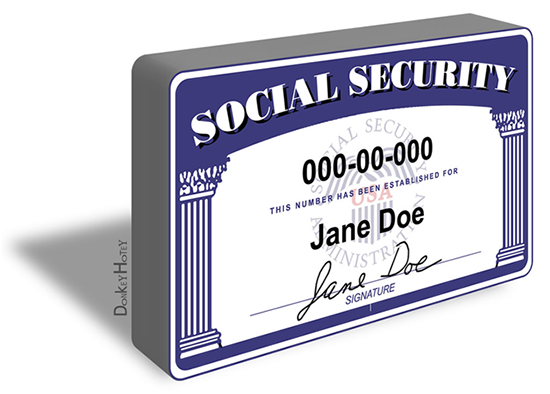
You may have been planning your retirement for years. You thought that you and your spouse had the same plans and dreams – and then your divorce happened. You have to pay for the divorce, and you and your spouse are divided. When a divorce occurs, you may be wondering how you will retire.
In short, Social Security benefits for married couples who are divorced work much the same as if you were still married. The key word in the previous sentence is “almost”. Since you and your ex are no longer married, there are a few rules that apply and you have some options, which are described below.
For you and many others, your Social Security can be an important part of your retirement planning. However, there may be benefits for divorced spouses that you may not be aware of. Here’s how it might work for you.
- If you have been married for 10 years or more, and you and your spouse have been divorced for two years, and neither of you has remarried, you can claim Social Security benefits from your ex-spouse when you turn 62. You can take 50 percent of your former spouse’s Social Security or 100 percent of your Social Security, whichever is higher.
- If you’ve been married for 10 years or more, divorced for at least two years, haven’t remarried, and your ex-spouse has died, you can claim their Social Security benefits starting when you turn 60.
- Your ex-spouse’s benefits will not increase after retirement age, so you should not receive them after that date.
- In a case where you’ve been married a few times, and each marriage lasted 10 years or more, you haven’t remarried, and have been divorced at least two years, you can pick which ex-spouse’s social security benefits you would like to receive. It would be in your best interest to pick the highest social security amount available to you.
- If you were born before January 2, 1954 and are at your full retirement age, you may choose to only receive your ex-spouse’s social security benefits and delay yours until a later time, giving it time to grow. The caveat is that if your birthday falls after January 2, 1954 you cannot file for your ex-spouse’s benefits and delay yours.
It’s important that you know this rule doesn’t apply to survivor benefits. This means that if you or your ex-spouse hasn’t filed for Social Security benefits, and one of you dies, you have the option for filing for survivor benefits first and delaying your own benefits until you reach 70 years of age. Depending on how old your ex-spouse was when they died, you may be able to claim a reduced retirement social security benefit first and switch to a full survivor benefit when you reach full retirement age.
- You may also opt to not take your ex-spouse’s benefits, and the amount of social security benefits you receive will not affect the amount your divorced spouse will receive.
Because there are so many rules that dictate your social security benefits, and those rules often change, it is vital that you consult a financial adviser that understands the rules and how they may impact your individual situation. A qualified financial advisor will best be able to use their specialized knowledge to make sure you select the best option for your individual situation.
Uncontested Divorce Questionnaire
Featured Image Credit: DonkeyHotey / Flickr
